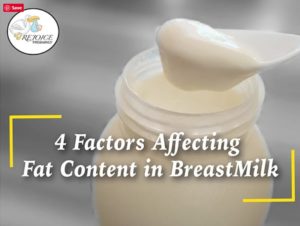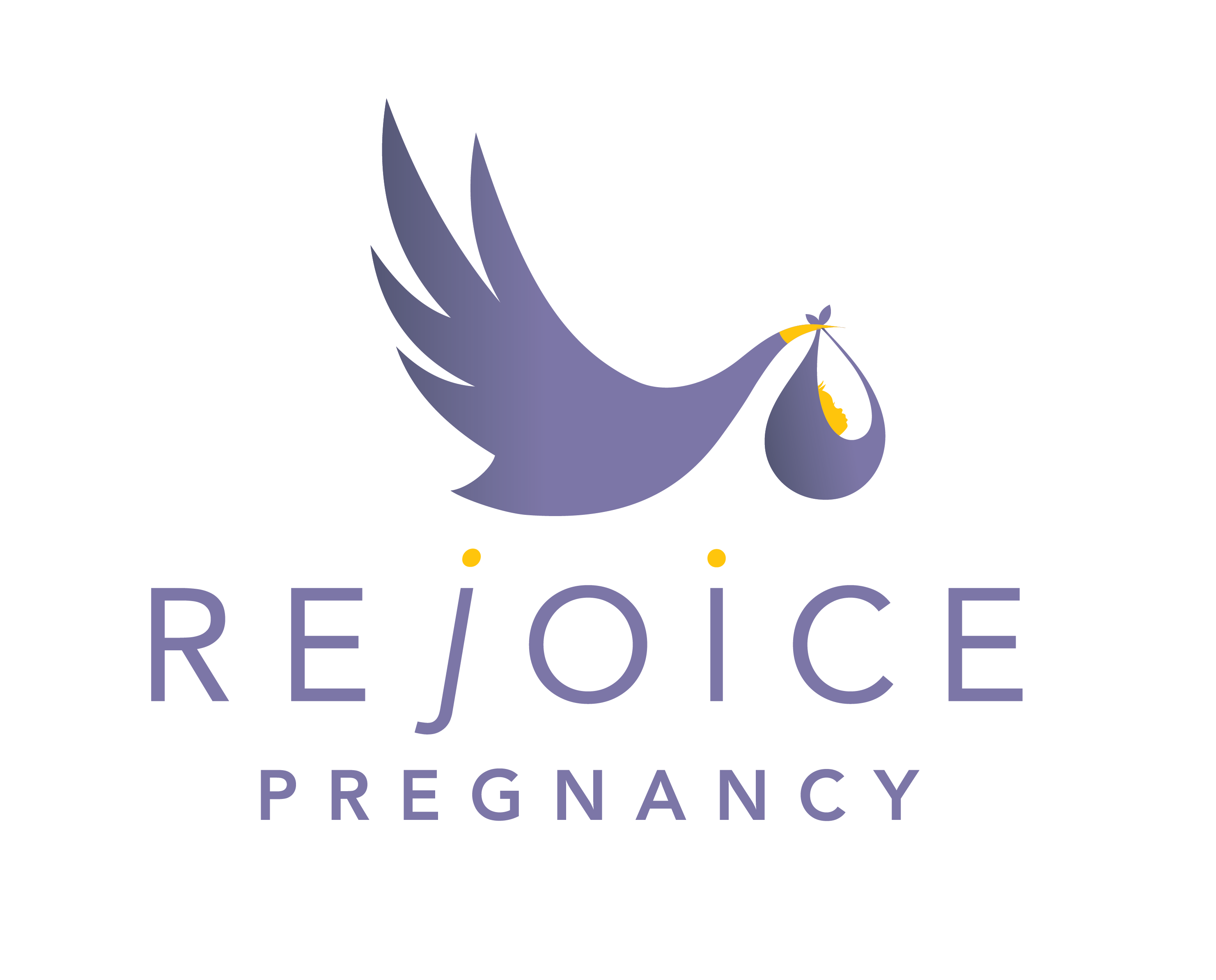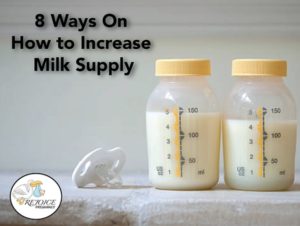
4 Factors Affecting Fat content in Breast Milk
The amount of fat in human milk changes dramatically during each feeding and throughout the day, since fat content depends on the degree of emptiness of the breast (empty breast = high fat, full breast = low fat). The average fat content of human milk is 1.2 grams/oz.
Research tells us that mom’s diet does not affect the average amount of fat or calories in her milk. However, mummies can change the types of fat in her milk by altering the types of fats that she eats.





